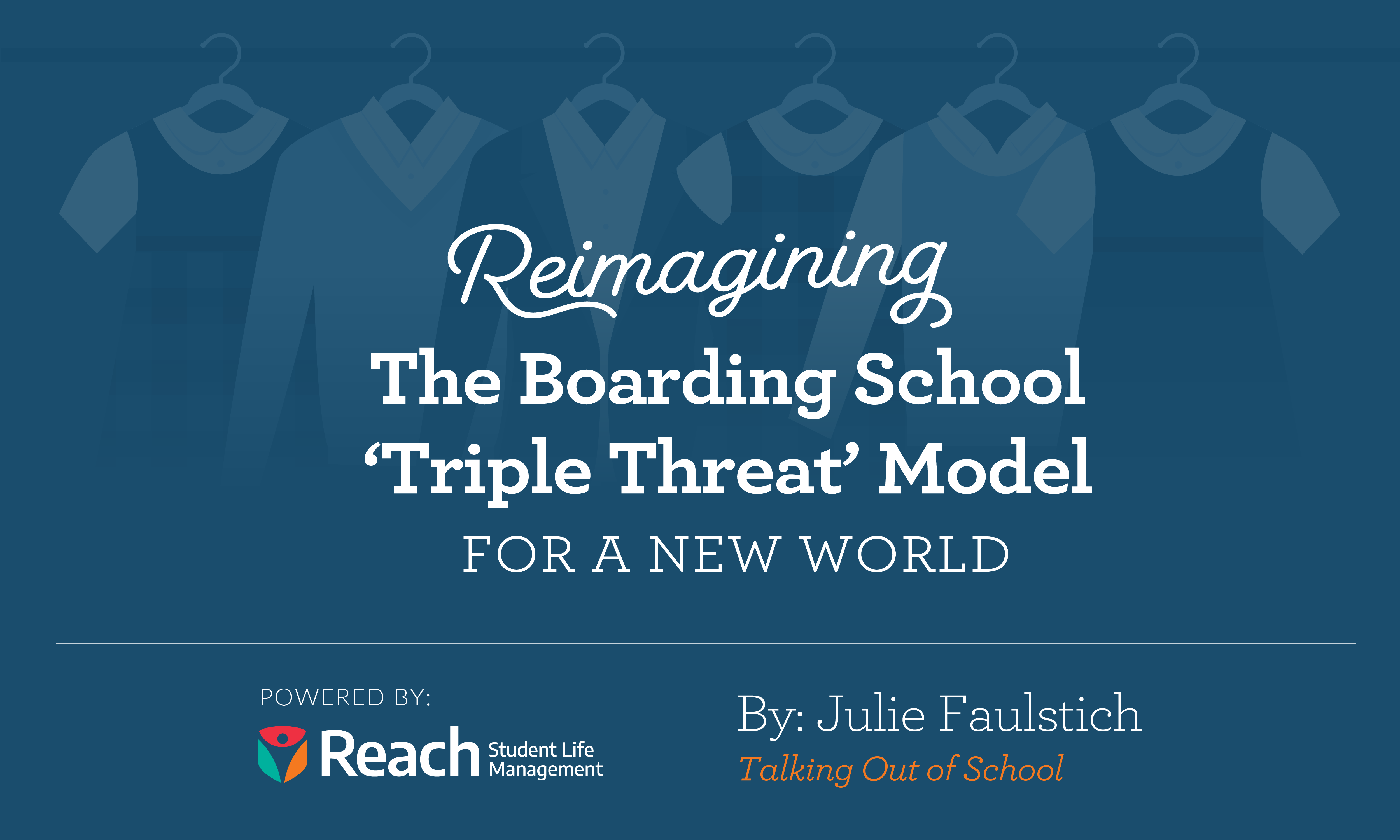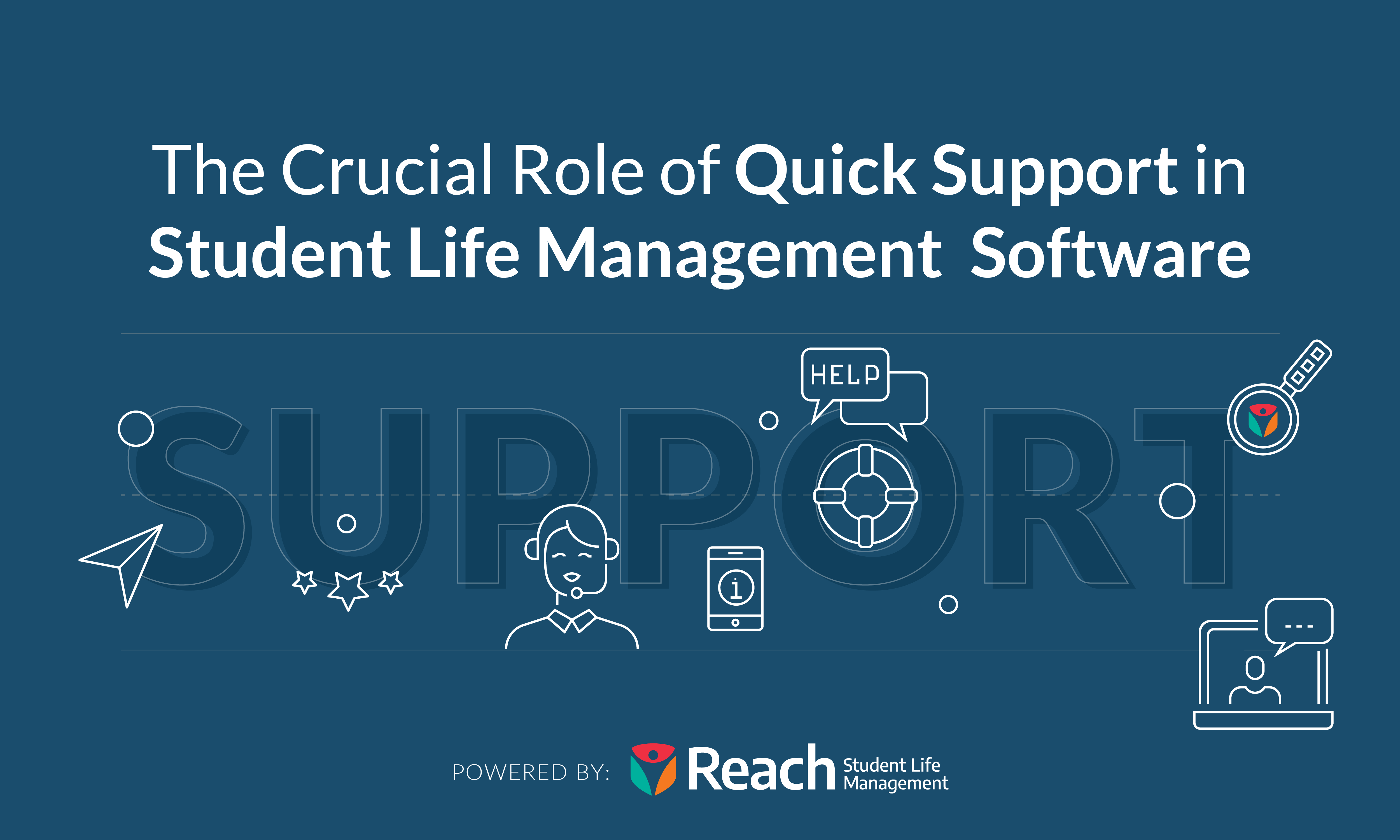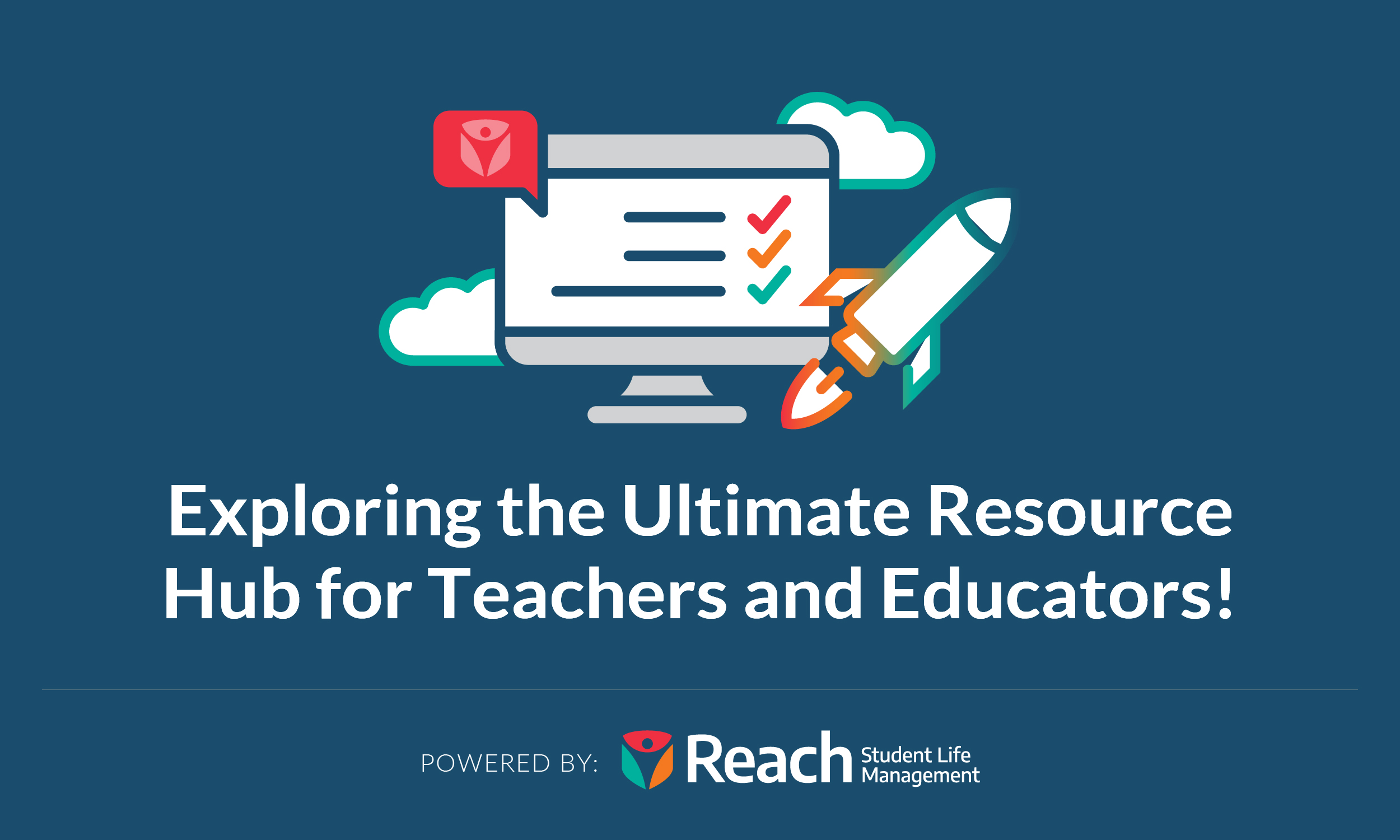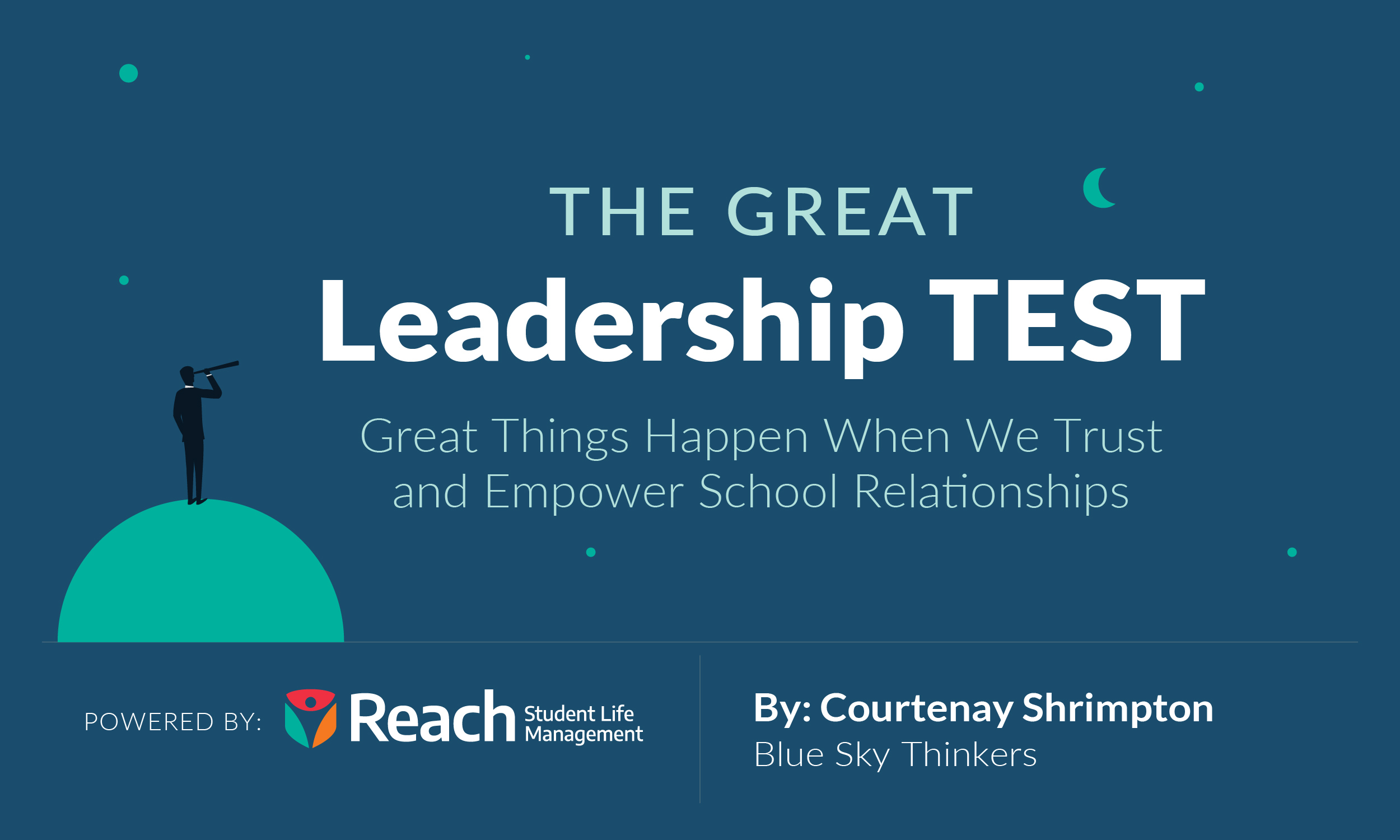
From my conversation with Greg Martin at Vermont Academy, summer 2023:
Greg
I think boarding schools don’t do a very good job of selling themselves to prospective faculty because we continue to look at the same places for a personnel stream. How are we saying, come work in a wonderful community, live here, work with amazing young people and make a difference. You also have amenities such as a dining hall where not only do you not have to cook, you get to have dinner with terrific people every night. And you’re going to have access to fitness facilities and the theater and so much culture. You’re going to have solid vacations and summers. It’s a great place to live and work.
JF
We are also in an epidemic of isolation and loneliness so all that seems even more relevant. It’s a great place to raise a family. Even if you put aside the main draw which is making a difference in kids’ lives, just the idea of living in a community should be powerful today!
GM
And other aspects of hiring are changing. You’re seeing a rising cohort of faculty members that are maybe not your traditional triple threat. They didn’t play three sports in high school. They are maybe a one sport athlete. They’re going to say no to a lot of the extra duties we just accepted as part of the deal.
JF
Let’s also be honest – boarding schools ran for years on the unpaid labor at the margins. I never thought about it that way at the time but this generation does and I very much respect that. Of course if you work at a boarding school and you are operating an institution seven days a week for the educational benefit of kids, there are duties in addition to teaching. But schools need to create systems that make some sense, have some transparency and aren’t all based on seniority. And if you are trying, for all the reasons it’s educationally desirable and relevant to do so, to have a diverse workforce, the diversity is likely all among the newer people who get screwed by those systems.
From my interview with Tom Gorman, Summer 2023
Tom
Good decisions are rarely made under duress or as I like to say, decisions should not be binary decisions. Oftentimes, they are. But if you need to make a binary decision, then have you really explored all possibilities?
Julie
Because there could be a third option. I loved when the third option came into view.
_________________________________________________
There seems to be a major labor problem for boarding schools that, on the face of it, feel kind of insoluble given the way they operate. People are finding it tough to hire and attract faculty who want, or are excited about, the boarding school lifestyle in 2023. I recently talked to a UK boarding school head and they are facing the exact same trend.
And let me be the first to say that I am not a triple threat girl. In twenty years at Walnut Hill School for the Arts, “triple threat” meant you could sing, dance and act. And Westover had a funky, hybrid model where we had separate dorm staff, sort of, but they were part time and we were often creating full time jobs by adding a section of teaching or some coaching duties or something… else. So I get it. There is a lot of labor required to make boarding schools function as they should.
But as I was answering a question in Tuesday’s webinar, I began to see a “third way” as I refer to in my conversation above. Maybe we’re thinking about the problem all wrong.
There is, indisputably, a loneliness epidemic right now. Here’s a story about three friends pooling resources to buy a shared brownstone in Brooklyn because they are hungering for community. And if you don’t have multi millions to put into real estate, here’s an article by Anne Helen Peterson about The Friendship Dip and how people, particularly millennials and Gen Z, are really suffering from isolation.
Most schools are rightfully proud of their community. But how are you intentionally tending to “community?” And how are you designing the roles within the community? Is the nature and values of the community influencing how the program operates, or is the program itself a bottomless beast demanding tribute from everyone who works at the school?
I’ve been hearing “kids these days don’t want to do the triple threat” since I attended regional meetings of senior admins back in the early 2000s. I remember quite clearly being one of only a few women in the room when a male head of school went off about how parents today want to do things like pick up their kids from school or attend their kids’ games or events. There was so much frustration and anger there and a lot of heads of heads nodding along.
I often get the sense that the frustration that comes with the “kids these days” pronouncements is about a frustration that people or society have become “soft” or have no work ethic or “we suffered and suffering is just part of the deal, how dare you not want to suffer or spend more time with your families.” It has always felt very cold shower-y and a bit miserly to me and in 2023, it is totally tone deaf. However, I don’t think this sentiment is rare in boarding schools. I also suspect this attitude has to do with the fact that school leaders are stretched, demands are never ending and it would be nice if we could stop dealing with new challenges and people would just get on with it. And I get it. Believe me, I’ve been there. But it won’t get us anywhere.
And on reflection, I don’t know if it’s the triple threat model itself that is endangered or if it’s the way it generally operates that creates the problem. I know when I landed in a boarding school as emergency replacement dorm staff at Walnut Hill in January of 1996, I was thrown in the deep end of the pool. (In small communities with stretched resources of every kind, we are really good at throwing people in the deep end of the pool! I enjoy saying it’s like being a witch in colonial New England, a test of your essential nature, whether you’d float or sink.)
For a variety of reasons, people are vulnerable and tender right now. Our resilience muscles are strained. I don’t blame a twenty-something person looking at the workload of a triple threat job and just getting the vibe that they’d largely be on their own, figuring it out, often with a course prep or coaching duty in an area where they have no expertise. And that questions might, at a certain point in a very busy community, be treated like pestering. And how well equipped is this new hire to manage dorms full of kids who are also vulnerable and tender right now? How much training would realistically be required to foster confidence?
So flip the script, boarding schools!
Think about your jobs from the perspective of your candidates. Here are some ideas for how to proceed:
How can you better frame up, train and even more importantly, mentor and support new hires around duties where they may be tentative, like coaching or residential life? How can you as administrators think about it as a growth and educational experience for the new hire, rather than plugging the hole and moving on to solving the next problem? How can these new experiences even be viewed and treated as a professional opportunity? There is a ton of opportunity in shifting your approach here. I know I for one would be terrified to be an assistant coach. The only team sport I ever played was show choir.
Just like “zero based budgeting” starting from a blank slate, what would an appropriate-sized faculty job look like if you were creating it from scratch? Think about prep time, down time, community time that is implied but not spelled out. This may not end up being viable, but it might give you insight into ways to begin rethinking your current faculty load and job descriptions from a slightly different angle.
How can you rethink downtime? Given we’re struggling with resilience, are there ways you can stagger a day off here and there for individual faculty throughout the year? How can you break up the slog in creative ways? Small breaks on the horizon will likely make jumping into the intensity of a boarding school schedule more appealing to new hires.
In an era of loneliness, how are you explaining the unique benefits of living in a boarding school community? How do you capture the stories and experiences of the adults on campus and communicate these to prospective hires?
And how do school leaders build and foster appropriate and nurturing adult campus community? I’ve seen the potential downsides – how adult campus culture can be insular and unwelcoming to newcomers or some collegiate-type shenanigans erupt from younger faculty. The adult community needs intentional nurturing. Sure, there’s always going to be a panopticon quality (like those Fridays I just wanted to get from the car to my apartment with my rose and Doritos without someone popping up to say hello) and wherever people are gathered, there’s gossip. But the upside of a healthy adult boarding school community – kids running around outside the dining hall on a spring evening with the adults chatting and laughing, impromptu beverages on a back deck, that time I drove home in a snowstorm when a meeting got screwed up and my neighbors came out to invite me into their home to feed me dinner when I returned – are just so irreplaceably lovely and soul-filling.
_______________________________
This is Talking Out of School, a weekly newsletter about schools, change, leadership and being a human in the 21st century. Thank you to all the subscribers who support this work!
Julie Faulstich
“I write about schools and how to be a human about running one. I also write about navigating life in deep middle age, changing careers, managing elderly parents …all that stuff. I spent 25 years in private schools, the last seven as head of school.”




